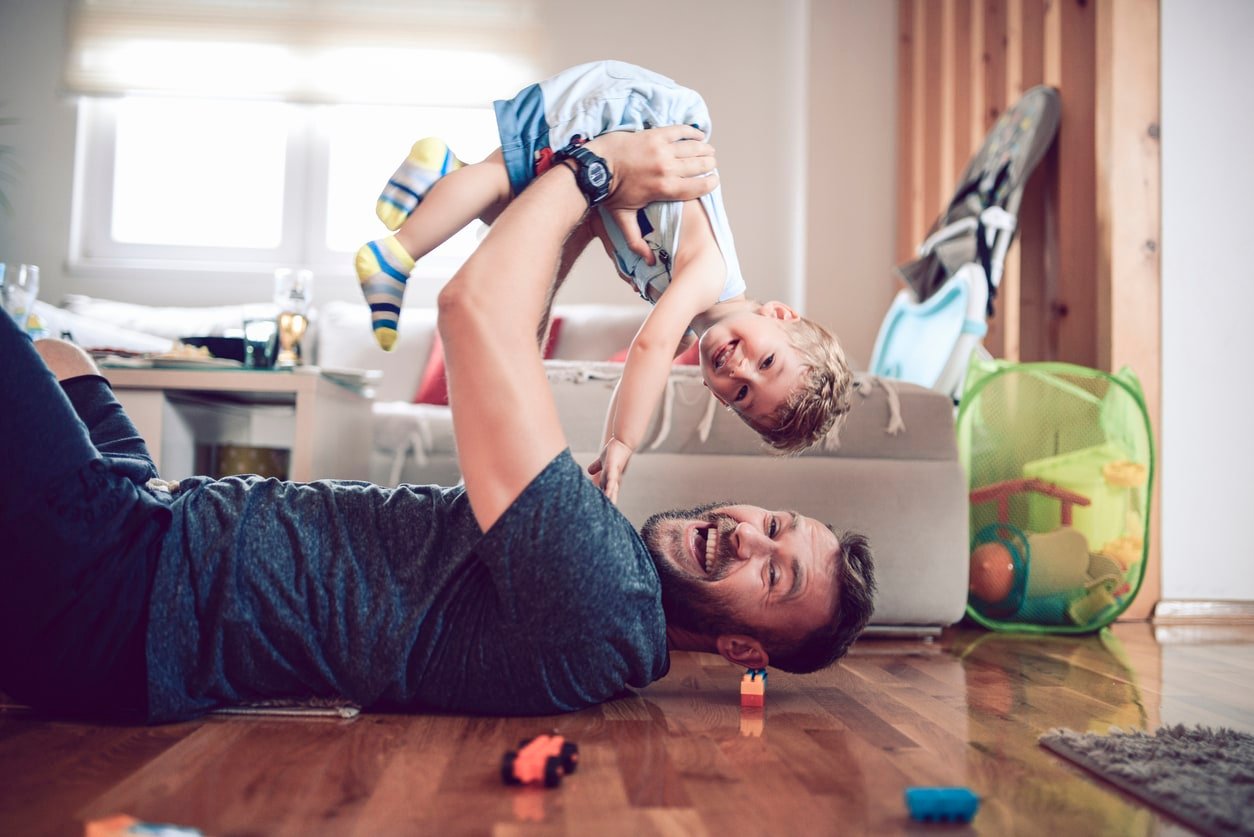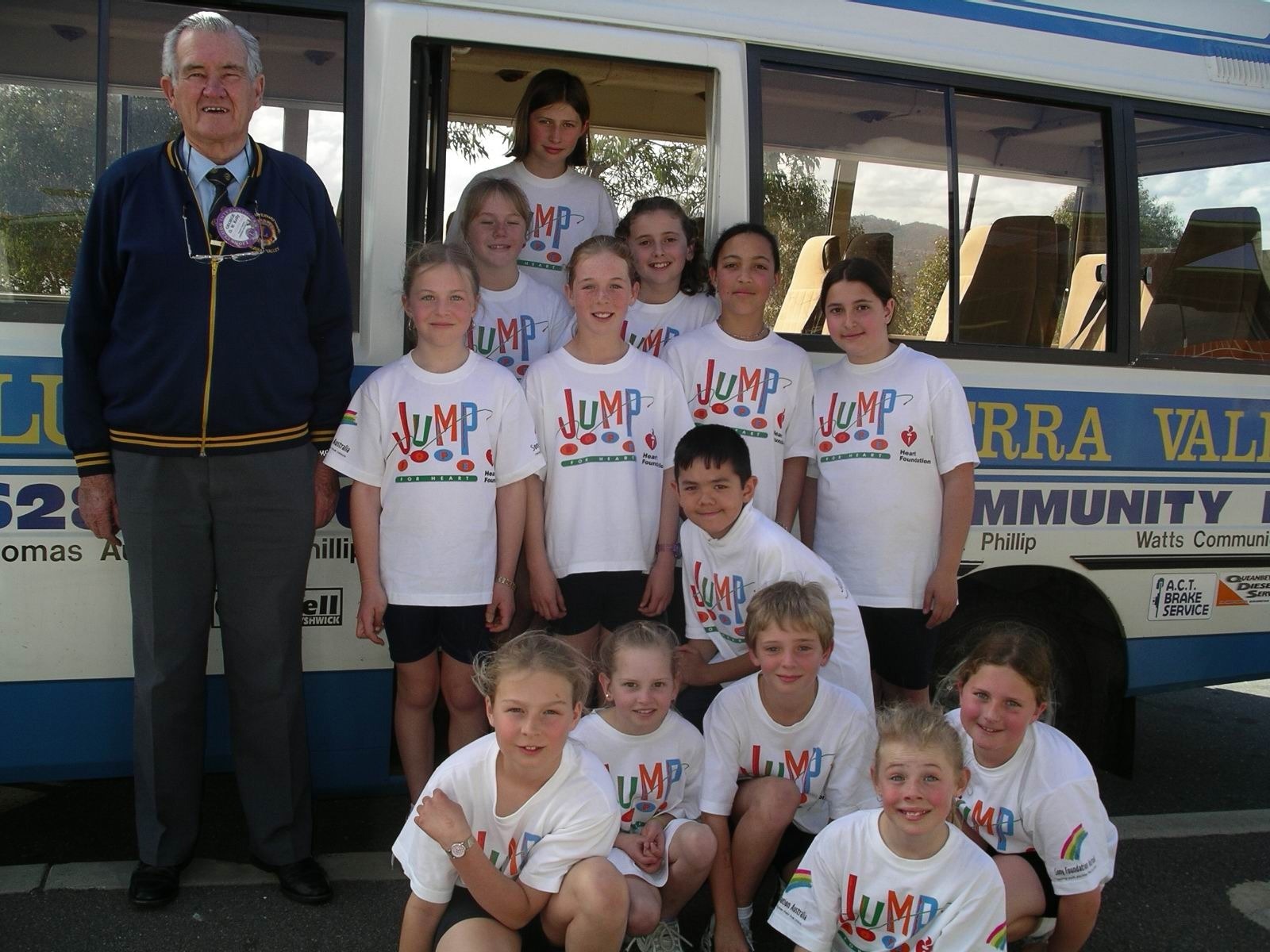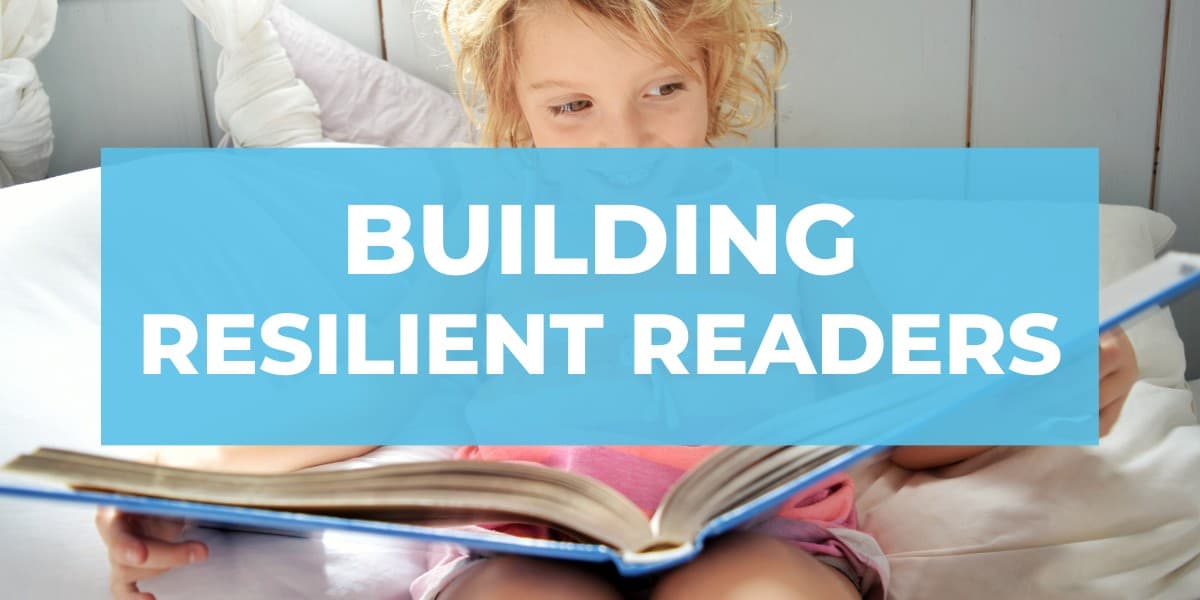“Daddy, want to play monkeys with me?” This is my 2-year-old’s shorthand to ask for playtime with dad and her new favorite board game, “Monkey Around.” The only question I get more frequently is, “where’s Mommy?” The answer to both rarely changes: “Sure, let’s play” and “As I told you 30 seconds ago, Mommy’s working.” I never hesitate to play with Adley, partly because it’s a vital part of my job as a stay-at-home dad. Some days are easier to engage in than others, but I constantly remind myself I would rather be here than anywhere else. No one sees these moments of one-on-one time, but that’s the good stuff.
Most of my dad friends work and aren’t fortunate enough to stay home with their kids full-time. But they go out of their way to spend as much time with them as possible. This is far more common now than two or three generations ago when parenting roles were far more gender specific, with most parenting left to mothers. You won’t see too many people arguing things haven’t changed for the better. Studies suggest this movement toward more time with fathers and more playtime with dads significantly impacts our kids’ learning development.1,2
Playtime with Dad Has Big Benefits
A study published in 2020 by researchers from Cambridge University and the LEGO Foundation pulled together 40 years of data on how fathers play with their children and the long-term benefits.1 The study found a consistent theme between father-child play time and how well a child can control their feelings. According to the study, children who had quality time with their fathers to play showed less hyperactivity, emotional and behavioral issues, and better control of their aggression. They were also less prone to lashing out at other children in school.1
The study suggests physical play more commonly associated with fathers, like piggyback rides or tag, helps develop those skills.1 This proved especially prevalent from birth through three years old in another study from the United Kingdom, where almost 200 children and their fathers were observed during playtime sessions. Researchers found that children with engaged and sensitive fathers scored higher on the Mental Development Index (MDI).2
Parent Play Supports Skills Development
Researchers also found parent play in the early years involving mothers or fathers helps support social, cognitive, and communication skills.1,2
A 2018 article from the nonprofit Exchange Family Center took it a step further, describing how playtime with your kids adds “joy, vitality, and resilience to relationships.” 3
“By making a conscious effort to incorporate humor and play into your daily interactions with your children, you can improve the quality of your relationships and connect on a deeper level,” the article states. It’s about being active and involved in your kids’ lives, including playtime.
And lately, Adley’s imagination has begun to take off and develop. She will come up to me and announce there’s a ghost named JoJo chasing us, and we must run and hide. Short of having dinner on the stove, I will drop whatever I’m doing to become part of the world she’s created.
It’s some of our best and most memorable times and some of the silliest. Joining that world comforts Adley and allows her to see me as a reliable person during playtime with dad.
While there are days when I’m exhausted or just not feeling up to spontaneous play, I concentrate harder on those days and remind myself of the long-term development taking place in her brain and the difference this small gesture could make.
Family Play Creates Deeper Relationships
My wife, Katie, is usually done working around 5 p.m. (she works from home, so the commute is very manageable). We will bring her in on the fun if we’re in the middle of a game or running from a ghost. When it comes to our daughter, Katie goes with the flow better than anyone I know.
This helps create a deeper family relationship and allows Adley to develop trust and resilience. And early parental bonding with their children promotes attachment and can lead to children who grow up happy, independent, and resilient.3,4
It feels natural now, but it wasn’t always easy. As a first-time father, I struggled to find an early role in my daughter’s development. I believe it’s impossible for a father to bond the same way with a child in the first six to eight months as a breastfeeding mother. It can be humbling to figure out where you fit in. But I continued to interact with Adley as much as possible. I would hold and rock her on conference calls for work in the first few months.
My coworkers loved hearing her coo while I pitched a new idea or discussed the angle our company should pursue. At the time, I didn’t think much about these interactions. I was doing what needed to be done to finish my work and entertain my daughter.
Now, I better understand the lasting impact of this time together. This was a high-quality time. This playtime with dad established and maintains my strong relationship with Adley today.

 PARENTING TIPS
PARENTING TIPS PREGNANCY
PREGNANCY BABY CARE
BABY CARE TODDLERS
TODDLERS TEENS
TEENS HEALTH CARE
HEALTH CARE ACTIVITIES & CRAFTS
ACTIVITIES & CRAFTS


